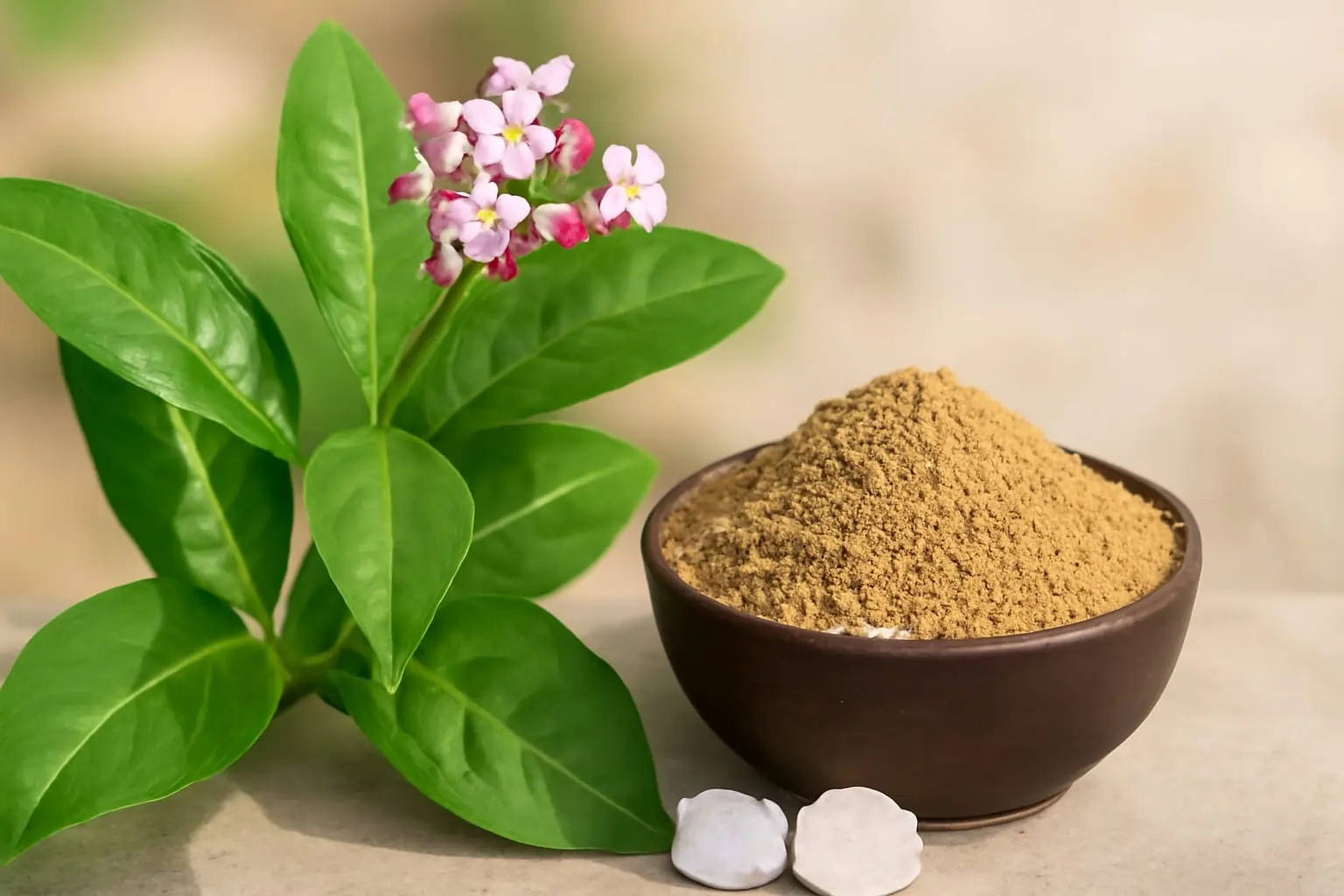Blood Pressure: Causes, Symptoms, and Ayurvedic Remedies
Introduction
Blood pressure problems, whether high or low, are among the most common health concerns today. Stress, poor lifestyle habits, unhealthy diet, and lack of physical activity are some of the main reasons behind these issues. Ayurveda, yoga, and natural remedies offer safe and effective methods to manage both high blood pressure (hypertension) and low blood pressure (hypotension).
Symptoms of Blood Pressure Imbalance
People suffering from blood pressure disorders may experience:
- Disturbed or lack of deep sleep
- Frequent urination at night
- Headaches and dizziness
- Chest pain or palpitations
- General weakness and fatigue
Main Causes of Blood Pressure Problems
1. Excess Fat and Lack of Exercise
When people eat fatty foods such as oil and ghee without doing physical work, fat starts depositing in the body. This excess fat clogs the arteries, narrows blood circulation, and forces the heart to overwork.
2. Excess Nutrition and Surplus Blood Formation
Overeating heavy and nutritious food without exercise leads to excessive blood formation. This puts pressure on the heart and causes over-activity of organs, resulting in increased anger, restlessness, and sometimes severe complications.
3. Excess Protein Intake
Overconsumption of animal or vegetable protein creates acidity in the blood. Acidic blood weakens the liver, kidneys, and blood vessels, leading to hardened arteries and increased risk of hemorrhage or heart strain.
4. Weak Blood-Producing Organs
When the liver, kidneys, and blood-purifying organs become weak, the body produces insufficient blood. This results in low blood pressure symptoms such as poor sleep, headache, dizziness, and fatigue.
Yoga and Mudra Treatment
Morning Practice
- Utkśepa Mudrá
- Karmásana
- Yogamudrá
- Dīrgha Praṇāma
- Bhujangāsana
- Agnisāra Mudrá
- Vāyavī Mudrá or Vāyavī Prāṇāyāma
Evening Practice
- Karmásana
- Yogamudrá
- Dīrgha Praṇāma
- Bhujangāsana
- Agnisāra Mudrá
- Upaviṣṭa Uddiyana Mudrá
Meditation and Bathing Therapy
- Practicing meditation (Īśvara Praṇidhāna) is highly beneficial for controlling stress and blood pressure.
- Vyāpaka Snāna (special bathing therapy) is also very effective in balancing blood pressure.
Diet for Blood Pressure Patients
Foods to Avoid
- Acidic and oily foods
- Non-vegetarian items
- Fried, spicy, and sugary foods
- Constipating or fattening foods
- Alcohol and intoxicants
Foods to Include
- Fresh fruits, leafy vegetables, and root-based soups
- Alkaline foods in more quantity
- Light meals with reduced rice, pulses, and roti
- Honey or raw sugar in small amounts if needed
- Coconut milk or diluted curd water for those with high BP
- Milk and fruit juices for low BP patients
Fasting Guidelines
- Fasting on Ekādaśī, Pūrṇimā, and Amāvasyā with water or lemon water is beneficial.
- Weak patients may take fruit juices or milk during fasting.
Lifestyle Tips
- Increase physical activity gradually in high BP.
- Reduce physical strain in low BP until recovery.
- Avoid anger, stress, and excessive sexual activity.
- Maintain a calm mind with yoga and meditation.
Ayurvedic Remedies for Blood Pressure
- Cardamom Powder – Take 1 small spoon with honey twice a day.
- Sarpagandhā Juice – 1 spoon with honey twice daily.
- Sarpagandhā Root Powder – 1/16 to 1/8 tola mixed with honey and Triphalā juice twice a day.
- Bhumi Kusamāṇḍa Powder – 1/16 tola with honey twice daily.
- Sarpagandhā Root Powder with Mishri Water – Twice daily for high BP relief.
Conclusion
Blood pressure diseases can be managed naturally through the right balance of diet, yoga, meditation, and herbal remedies. Regular practice of yoga, consumption of alkaline foods, and avoiding stress can bring long-lasting relief without side effects. Ayurveda emphasizes not just curing symptoms but restoring complete balance to the body and mind.
“Read how Ayurveda helps in natural remedies for rheumatism relief.”
“Understand how Ayurveda manages diabetes with herbs and diet.”
Frequently Asked Questions of Blood Pressure Patients:-
Q1. What are the common symptoms of blood pressure problems?
Ans: Common symptoms include disturbed sleep, frequent urination at night, headaches, dizziness, chest pain, palpitations, and general weakness.
Q2. Can Ayurveda cure high blood pressure naturally?
Ans: Ayurveda helps manage high blood pressure with herbs like Sarpagandhā, Bhumi Kusamāṇḍa, and lifestyle practices such as yoga, meditation, and diet control.
Q3. Which foods should be avoided in high blood pressure?
Ans: Patients should avoid oily, fried, spicy, sugary, and non-vegetarian foods. Alcohol, intoxicants, and heavy fatty foods should also be restricted.
Q4. What yoga poses are beneficial for blood pressure control?
Ans: Helpful yoga practices include Yogamudrá, Bhujangāsana, Agnisāra Mudrá, Dīrgha Praṇāma, and Utkśepa Mudrá, which improve circulation and calm the mind.
Q5. Are there natural home remedies for blood pressure?
Ans: Yes, remedies like cardamom powder with honey, Sarpagandhā root powder, and Bhumi Kusamāṇḍa with honey are effective natural options.
Trusted External Resources
For more information on Ayurveda, yoga, and natural wellness, explore these authoritative resources:
